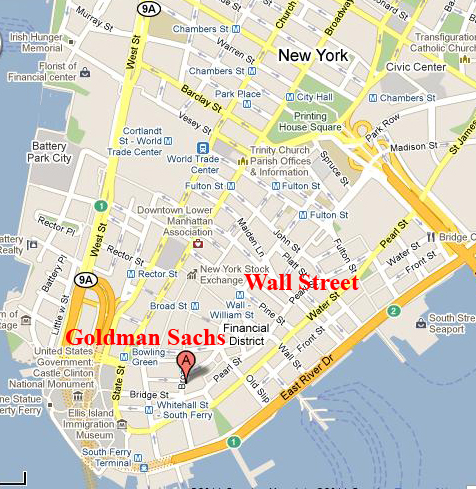Cross posted from The Stars Hollow Gazette
With Hosni Mubarak gone and rumors running rampant on his fortune, health and whereabouts, promises of democracy and reform from the military, one would think that the revolution was finished. Today, despite threats of arrest and pleas to go back to work, thousands of striking workers took to the streets again in Tahrir Square and across Egypt demanding better pay and working conditions. Even the police held a demonstration. Even though the internet and phone service is working, the press is still being harassed. There have been reports of camera equipment confiscated, reporters taken into custody and the military has ordered Al Jazeera to stop filming the protests. However, the state media has now taken to praising the revolution with proclamations of “the people ousted the regime”.
The military is walking a very fine line trying to get the economy running and a semblance of order so the government transition can progress to elections in September, as hoped. Banks did not open today because of the continuing protests and tomorrow is a bank holiday. The military council has promised that banks will open on Wednesday.
Protests in other countries are getting larger and louder, as the young Arabs grow weary of stifling regimes. There were many large demonstrations in Iran, Yemen, and Bahrain disregarding bans by governments and the strong presence of police and military.
Guardian has a Live Blog from their reporters in Egypt and around the region refreshes automatically every minute. .
The “Jasmine Revolution” that started in Tunisia is growing It is going to be an interesting summer.
Clashes reported in Iran protests
Pro-reformist marches under way in Tehran despite a heavy security presence and police crackdown.
There are reports in social media sites and non-state Iranian news sites of clashes between protesters and security forces in Tehran, the Iranian capital.
Thousands of demonstrators were marching on Monday on Enghelab and Azadi streets [which connect and create a straight path through the city centre], with a heavy presence in Enghelab Square and Vali-Asr Street, according to these reports.
Several clashes have been reported on Twitter, the micro-blogging site, with claims of some demonstrators being teargassed and others beaten and arrested.
Al Jazeera’s Dorsa Jabbari, in Tehran, confirmed reports that security forces used tear gas, pepper spray and batons against the protesters.
She said up to 10,000 security forces had been deployed to prevent protesters from gathering at Azadi Square, where the marches, originating from various points in Tehran, were expected to converge.
Young Arabs who can’t wait to throw off shackles of tradition
The frustrated generation at the heart of the protests tell how their progress is being stifled by unemployment and corruption
They live with their parents, hang out in cafes, Facebook their friends, study in their spare time, listen to local rappers – and despair about ever being able to get a good, fulfilling job and start a family. The young people at the vanguard of the protests sweeping the Arab world are an exasperated demographic, the lucky ones stuck in poorly paid jobs they hate, the unlucky ones touting degrees that don’t get them anywhere, an entire generation muzzled by tradition, deference and authoritarian rule.
WikiLeaks cables: Egyptian military head is ‘old and resistant to change’
US ambassador to Cairo gives his opinion on Muhammad Tantawi and number two general, Sami Enan
Nothing Egypt’s military council has done in its past suggests it has the capacity or inclination to introduce speedy and radical change. Guaranteed its $1.3bn (£812m) annual grant from the US – a dividend from the Camp David peace accord with Israel – it has gained the reputation as a hidebound institution with little appetite for reform.
Army urges Egyptians to end strikes
Military council calls on workers to play their role in reviving the economy after almost three weeks of turmoil.
Egypt state media changes sides
Loyal government mouthpieces to the end of Mubarak’s rule, state-run media outlets now celebrate the revolution.
Upheaval has opened the door to political and economic reform, but its most lasting effect may be psychological.



 This is a series of diaries focused on the
This is a series of diaries focused on the 